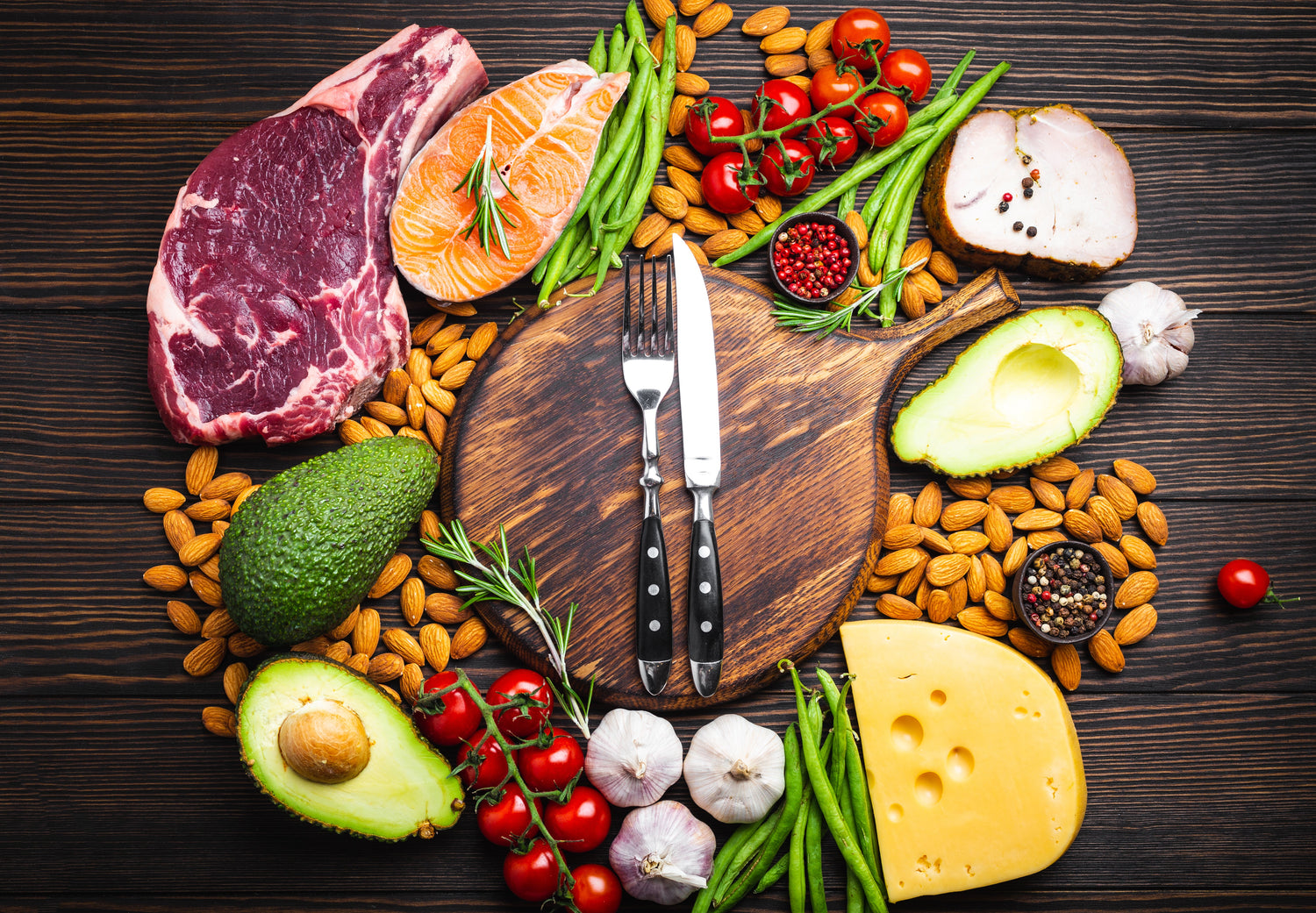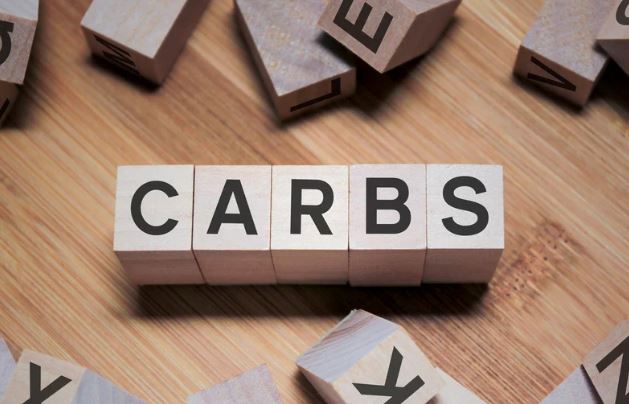Ketosis is a metabolic state in which your body uses fat for fuel instead of carbohydrates.
It occurs when you significantly reduce your carbohydrate consumption, limiting your body's supply of glucose (sugar), which is the primary source of energy for cells.
Following a ketogenic diet is the most effective way to enter ketosis. This generally involves limiting carbohydrate consumption to about 20 to 50 grams per day and filling up on fats, such as meat, fish, eggs, nuts, and healthy oils .

It's also important to moderate your protein intake. This is because protein can be converted to glucose if consumed in large amounts, which can delay your transition to ketosis .
Practicing intermittent fasting may also help you enter ketosis faster. There are many different forms of intermittent fasting, but the most common method involves limiting food intake to about 8 hours per day and fasting for the remaining 16 hours .
Blood, urine, and breath tests are available that can help determine if you've entered ketosis by measuring the amount of ketones your body produces.
Certain symptoms may also indicate that you have entered ketosis, such as increased thirst, dry mouth, frequent urination, and decreased hunger or appetite .





